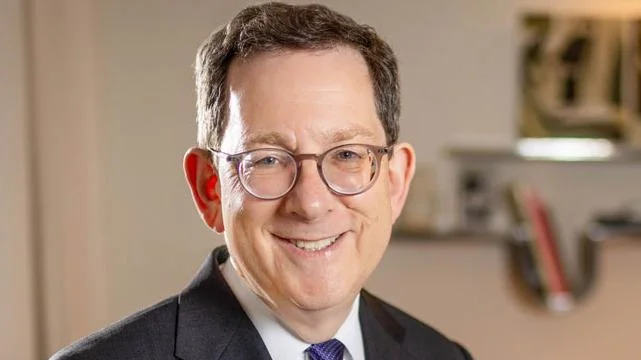For 25 years, researchers at Northwestern Medicine have studied individuals aged 80 and older, known as “SuperAgers,” to understand why some people maintain sharp memory well into later life. These SuperAgers display memory performance comparable to those three decades younger.
The study challenges the idea that cognitive decline is inevitable with age. Scientists have noted that while SuperAgers often have outgoing personalities and active social lives, their brain characteristics are especially noteworthy. “It’s really what we’ve found in their brains that’s been so earth-shattering for us,” said Dr. Sandra Weintraub, professor of psychiatry and behavioral sciences and neurology at Northwestern University Feinberg School of Medicine.
Researchers aim to use these findings to develop new strategies for promoting cognitive resilience and possibly delaying or preventing dementia caused by diseases such as Alzheimer’s and frontotemporal degeneration. “Our findings show that exceptional memory in old age is not only possible but is linked to a distinct neurobiological profile. This opens the door to new interventions aimed at preserving brain health well into the later decades of life,” Weintraub said.
A new perspective piece summarizing this research will appear in *Alzheimer’s & Dementia: The Journal of the Alzheimer’s Association* as part of a special issue marking major anniversaries in Alzheimer’s research programs.
The term “SuperAger” was introduced by Dr. M. Marsel Mesulam, who established the Mesulam Institute for Cognitive Neurology and Alzheimer's Disease at Northwestern in the late 1990s. Since 2000, 290 SuperAgers have participated in studies at the Mesulam Center, with scientists conducting autopsies on 79 donated brains.
According to Weintraub, two mechanisms contribute to SuperAging: “One is resistance: they don’t make the plaques and tangles. Two is resilience: they make them, but they don’t do anything to their brains.”
Key findings include:
- SuperAgers score at least 9 out of 15 on a delayed word recall test, similar to scores from people in their 50s and 60s.
- Their brains do not show significant thinning of the cortex; some even have a thicker anterior cingulate cortex than younger adults.
- They possess more von economo neurons associated with social behavior and larger entorhinal neurons important for memory.
- High sociability is common among SuperAgers regardless of other lifestyle differences.
At Northwestern's Mesulam Center, participants undergo annual evaluations and can choose to donate their brains after death for further study. “Many of the findings from this paper stem from the examination of brain specimens of generous, dedicated SuperAgers who were followed for decades,” said Dr. Tamar Gefen, associate professor at Feinberg and director of its Laboratory for Translational Neuropsychology. “I am constantly amazed by how brain donation can enable discovery long after death, offering a kind of scientific immortality.”
The article also notes support from several grants awarded by organizations including the National Institutes of Health over the course of this long-term research program.
###

